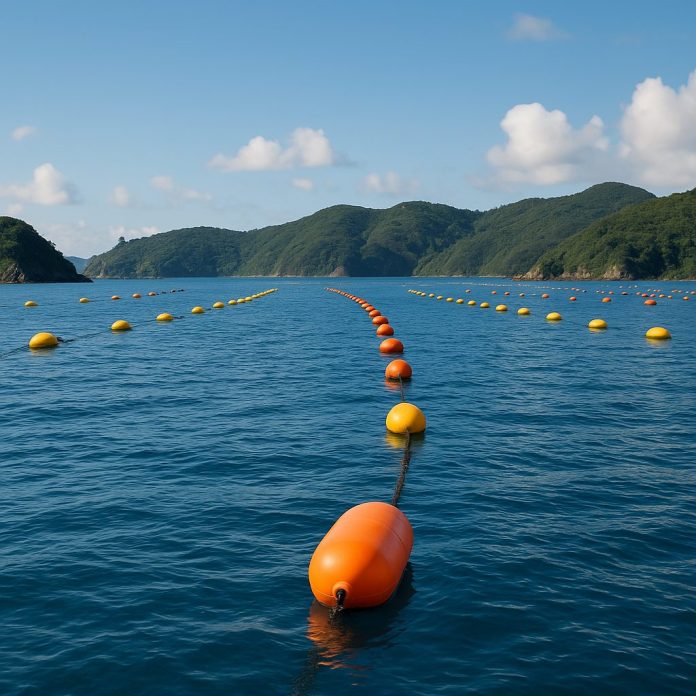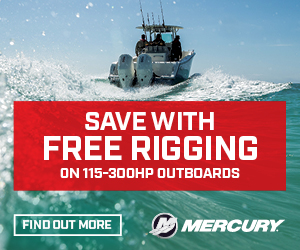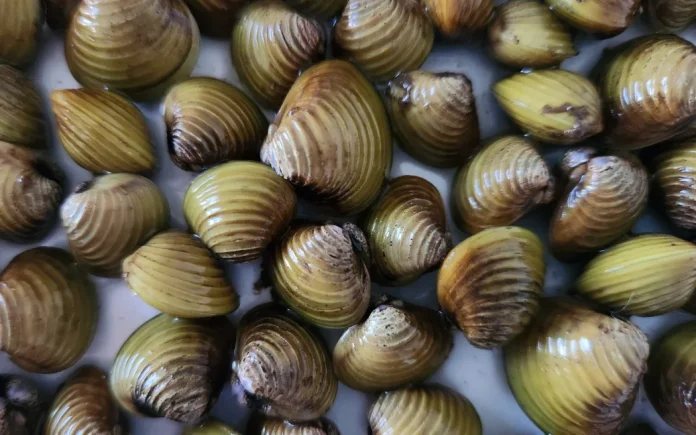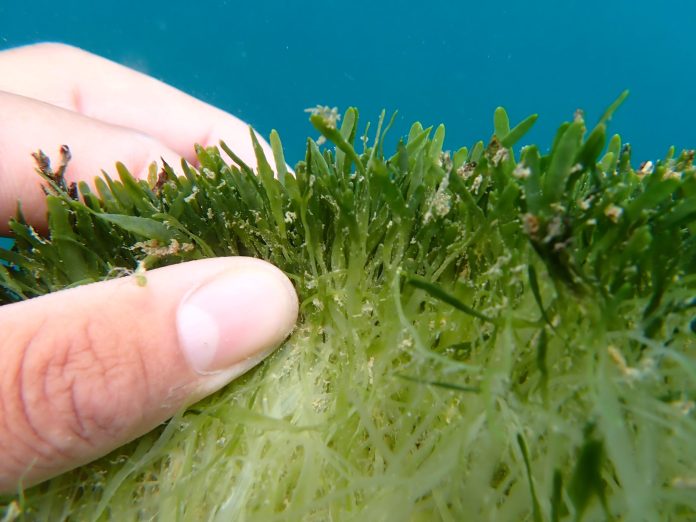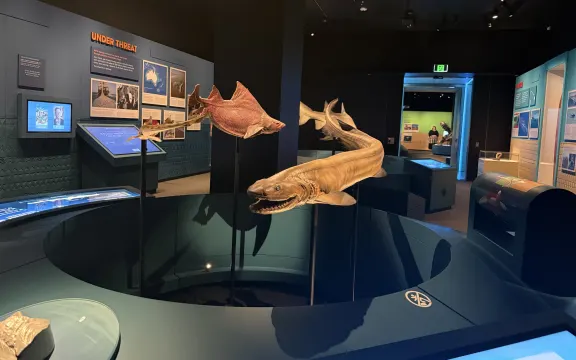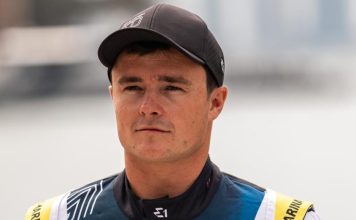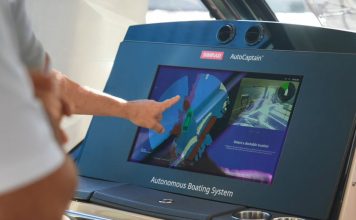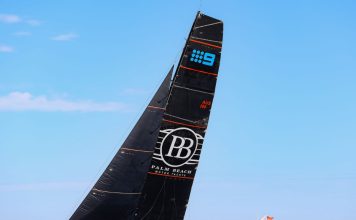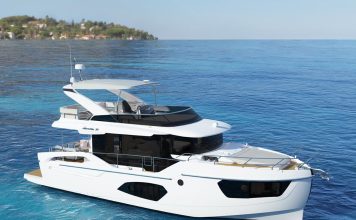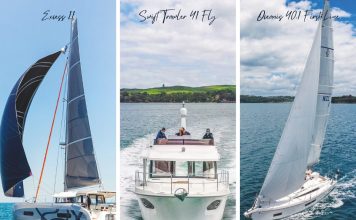Community-led aquaculture
Resource consents have been approved for three Northland marae to establish small-scale aquaculture projects known as māra moana, or “ocean gardens.” Each project will occupy one hectare of marine space and will be used for non-commercial, marae-based aquaculture activities.
The consents, granted by Northland Regional Council on 1 October 2025, run for 35 years. Applicants NgātiWai Ki Whangaruru Whenua Topu Trust, Kaingahoa Marae and Otetao Reti Marae applied collectively, seeking approval to develop structures that resemble conventional mussel farming backbones anchored by concrete moorings.
These longlines will act as base structures for cultivation ropes and equipment, allowing research into growing customary species such as mussels, seaweed, gastropods, and crustaceans.
Sites across the coast
The three approved sites are spread across Northland waters:
-
Whapukapirau Bay (outer Bay of Islands), associated with Kaingahoa Marae (Patukeha)
-
Bland Bay, associated with NgātiWai Ki Whangaruru Whenua Topu Trust
-
Kauri Point in Whangaruru Harbour, associated with Otetao Reti Marae
Each marae will progressively establish its māra moana with the ultimate aim of improving customary kaimoana provision and developing techniques for repopulating local fish and seafood stocks.
Managing effects and risks
Although the sites fall within mapped ecological and aquaculture exclusion areas, the council noted that its rules allow for marae-based aquaculture and determined that environmental effects would be no more than minor.
Key considerations included:
-
Structures designed to be open and subsurface, allowing natural currents to flow
-
Low stocking densities to minimise nutrient and waste impacts
-
Routine inspections to prevent harm to marine mammals
-
Biosecurity Risk Management Plans required to reduce marine pest risks
The council also confirmed that the projects would not adversely affect taiāpure, mātaitai or Māori non-commercial fisheries. MPI separately assessed potential impacts on commercial, recreational and customary fishing and did not alter the approved conditions.
Cultural values recognised
Iwi and hapū environmental management plans from Ngātiwai Trust Board, Te Rūnanga o Ngāti Hine and Ngāti Kuta were considered as part of the consent process. The council determined that the projects were not contrary to the objectives or policies of these plans.
Together, the three māra moana represent a step toward combining traditional knowledge with modern aquaculture methods to support whanau and replenish Northland’s marine environment.








